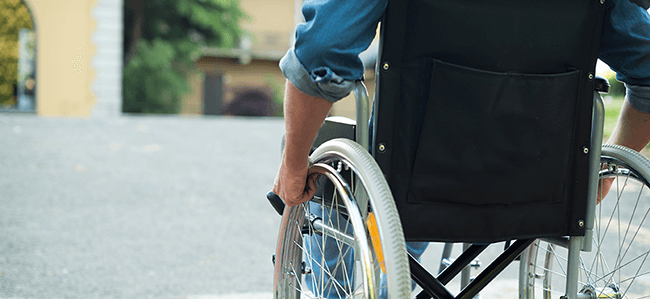In an attempt to find efficient solutions to impaired respiratory functions, research on various ways to strengthen respiratory ability has been conducted. The study explored in this blog takes a look at the immediate and long-term effects of resistive inspiratory muscle training (RIMT) in people with SCI for improving respiratory function, reducing respiratory complications and increasing quality of life.
Key Findings
- Most people with spinal cord injury (SCI) have respiratory muscle weakness, decreased lung volume and inefficient cough.
- 8 weeks of resistive respiratory muscle training (RMT) in people with acute SCI increased respiratory muscle strength and aspects of quality of life (QOL), including mental health status.
- These effects were maintained over the follow-up period of 12 month.
Patient Impact
RMT effectively and sustainably improves respiratory muscle strength and QOL in people with SCI.
Study Methods
The following variables were measured throughout the duration of the study:
Study Results
RIMT significantly increased MIP and specific aspects of quality of life. It also had a positive immediate effect on the mental health status of participants.
Resistive inspiratory muscle training has an immediate positive effect in persons with acute SCI as it strengthens inspiratory muscles and promotes mental health. Long-term effects of RIMT can be maintained by continuous RIMT. It is therefore recommended as a safe and effective addition to the inpatient rehabilitation of SCI patients.

0 Comments